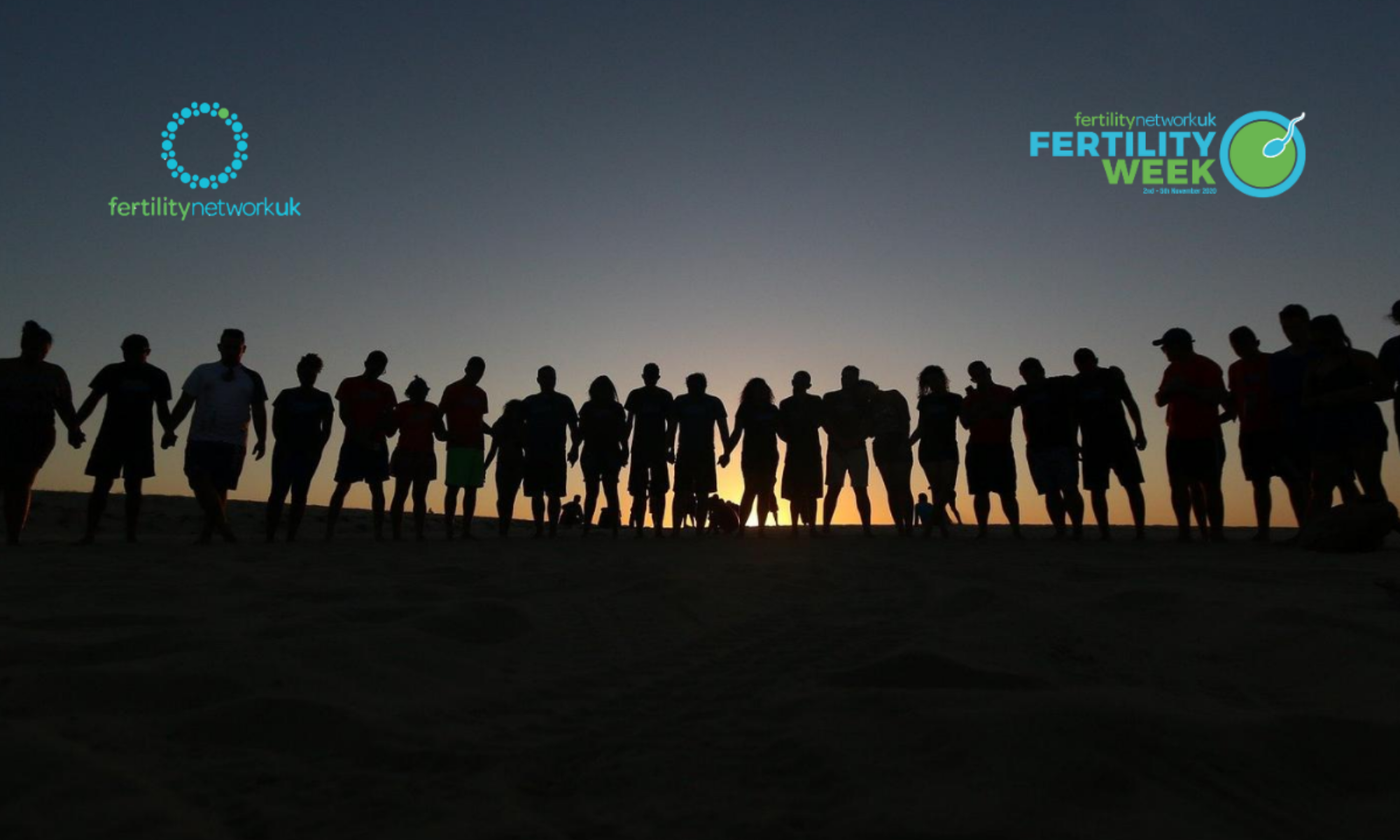Statistics produced by the UK’s fertility regulator the Human Fertilisation and Embryology Authority caught headlines recently because the numbers of women conceiving with a female partner through UK fertility treatment had risen. It isn’t surprising, with progressive changes to fertility law over the past 20 years making LGBT+ family-making more accepted and more common.
As a same-sex parent myself, I have lived and breathed this revolution. My daughter turned 18 this year, and we have seen the world transform over the course of her journey from birth to adulthood. When my wife and I started our journey to parenthood, we were legal strangers to each other (civil partnership had not even been passed yet) and my wife couldn’t become our daughter’s legal parent (at least until 2005 when the adoption laws were expanded to include same-sex applicants). We also had trouble accessing fertility treatment since clinics had to consider the ‘need of the child for a father’ and there were only a handful brave enough to treat single and lesbian women.
I am so grateful so much has changed since then. The Human Fertilisation and Embryology Act 2008 removed clinics’ duty to consider the child’s ‘need for a father’ and even more importantly enabled same-sex parents to be recorded together on their children’s birth certificates. And this has transformed access to conception for LGBT+ parents.
For female couples, the law now enables two women to be registered as joint parents immediately on birth if they conceive a child together through IVF or artificial insemination, assuming they are married/ civil partners or conceive at a UK licensed fertility clinic and sign the right documentation.
For male couples who conceive through surrogacy it takes a bit longer but they can apply for a parental order after the birth which ultimately reassigns parenthood away from the surrogate and her spouse and triggers the issue of an updated birth certificate which records them both as parents instead. The law was also more recently updated to enable single parents to apply for parental order if they have a child through surrogacy, something which is enabling single gay dads to become parents too.
However, while we have come a long way, we are not quite there yet. The law on surrogacy remains rooted in the 1980s, with its presumption that the surrogate is the mother and restrictions on how parents and surrogates can connect in the UK. In practice this restricts the availability of UK surrogacy, which is driving many parents overseas, and the law is outdated and cumbersome. The Law Commission is mid-way through a review project (its final reform proposals expected in early 2022). Its provisional recommendations are progressive, although perhaps could go even further, and even then we will need government and Parliamentary support to get new law passed, so there is a marathon ahead. We want to see surrogacy fully recognised so the right people are the legal parents of their child immediately from birth, with greater protection and clarity for all involved, and the ethical relationship-based model of UK surrogacy given full support.
There also remain problems with birth certificates for transgender parents and multiple-parent families conceiving children, since under UK law a child can only have two legal parents, and the titles of ‘mother’, ‘father’ and ‘parent’ are assigned by inflexible rules which can lead to bizarre outcomes for trans parents (a trans father recently being forced to be registered as his child’s ‘mother’ despite being legally male). The law needs to be modernised to accommodate all LGBT+ families, including children with more than two parents and those with trans parents.
So, change is still needed – but we shouldn’t lose sight of how far we have come in LGBT parenting in the UK. My daughter is certainly stepping into adulthood in a more inclusive country than the one she was born into, and the thousands of children now being born to same-sex parents and growing up behind her will benefit from that.
